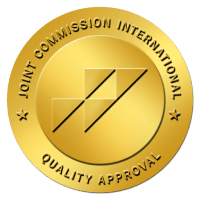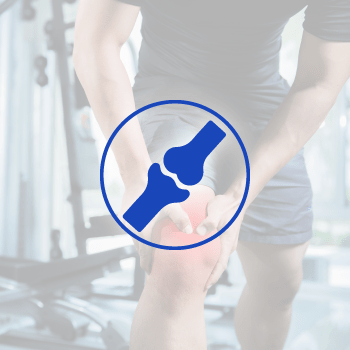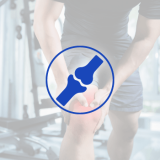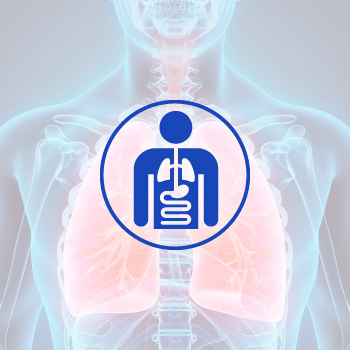Protecting against mosquito bites is essential, but the level of defense required varies based on the situation.
Tailoring Protection
- High-Risk Areas: In regions with high disease-carrying arthropod concentrations, a combination of chemically-treated gear and strong repellents is crucial.
- Low-Risk Areas: Mild repellents suffice to prevent nuisance bites where disease vectors are scarce.
FAQs:
- Why should I protect myself from mosquitoes?
- How should I choose the protection for me and my family?
- Which are the most effective insect repellents?
- Can you explain a bit more in the detail the differences between DEET and ICARIDIN?
- Is DEET safe for me and my family?
- How to apply the repellent?
- What about the natural repellents, bracelets and wristbands?
- I heard about Permethrine, what is that?
- Can you summarize for me?
- Is there anything else I should do?
Some mosquitoes are disease-carrying, and their distribution is increasingly present in several areas of the world.
The level of protection needed against mosquito bites depends on the specific situation. It must be higher in areas with high concentrations of disease-carrying mosquitoes then in areas with low levels of them. Your doctor and official health websites will guide you area by area.
DEET (N,N-diethyl-3-methylbenzamide), suggested for most patients requiring an insect repellent.
Icaridin (KBR 3023). Reasonable alternative for people who wish to avoid the unpleasant characteristics of DEET and are willing to accept a somewhat shorter-acting repellent.
DEET
First choice. No other compound covers as broad a spectrum of mosquitoes or offers the extended duration of action of DEET. A product containing 10 to 35 % DEET is adequate in most circumstances, while higher concentrations are reserved for situations in which insect infestation is high or the repellent may be partially washed off by sweat or water.
ICARIDIN
Icaridin 20 % has similar efficacy to DEET when used for short periods. However, DEET has a longer duration of action. Icaridin has an excellent tolerability profile in contrast to DEET. It is odorless, non-sticky, and non-greasy. It does not irritate skin, stain fabrics, or degrade plastics. Based on available data, it is unlikely to cause a problem in pregnancy if used correctly. No serious toxicity has been reported in children with Icaridin, though there is less experience compared with DEET.
Used as directed, DEET is safe for children older than two months of age, pregnant and lactating women. Serious adverse reactions to DEET are uncommon; the rare reported cases resulted from oral ingestion or other massive exposures, usually in children. However, DEET can damage plastics and clothes made from synthetic fibers and cause an oily and sticky skin sensation.
Use just enough repellent to lightly cover the exposed healthy skin, avoiding spraying in enclosed spaces or near food, or get repellent into the eyes. Rinse your hands after application. Adults should apply repellents to their own hands first, and then spread on the child’s exposed skin.
Various botanical oils and citronella have been used for repelling mosquitoes. Most of the studies evaluating these alternative repellents have shown that the protection they offer is far inferior compared with DEET. Bracelets and wristbands impregnated with insect repellents are not effective, regardless of the repellent used
Permethrine causes nervous system toxicity to insects, while toxicity in humans is low. It is not a repellent. For the prevention of insect bites, permethrin is sprayed to clothing or bedding but not to the skin. Fabrics should be sprayed and allowed to dry completely before wearing. One application maintains potency for at least two weeks, even after several washings.
The combination of permethrin-treated clothing and bedding (prefer long sleeves and long trousers, cover prams with mosquito nets) and a DEET-based repellent on exposed skin may provide the best protection available against insect bites. For environments in which there are lower concentrations of insects and less risk of disease, just one of these measures (permethrin-treated clothing or a repellent) may be sufficient.
Use screens on windows and doors. Use air conditioning, if available. Stop mosquitoes from laying eggs in or near water, checking and regularly emptying water-holding containers both indoors and outdoors.
Consult your doctor before travelling to risky areas, pharmacological protection might be needed depending on the situation.











 أنقر هنا
أنقر هنا أنقر هنا
أنقر هنا












